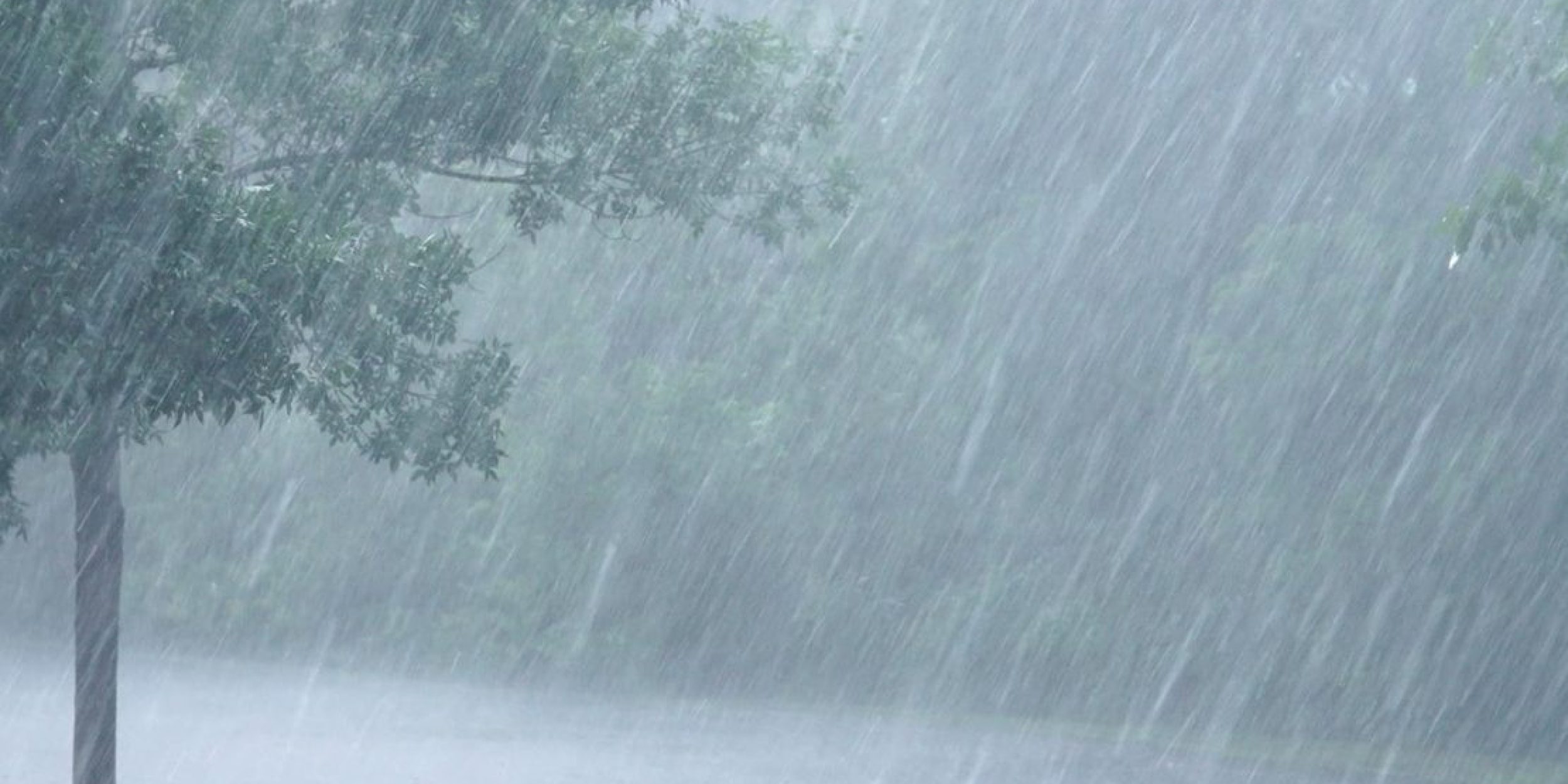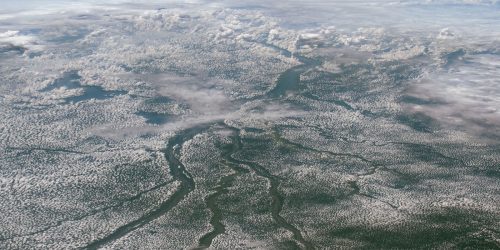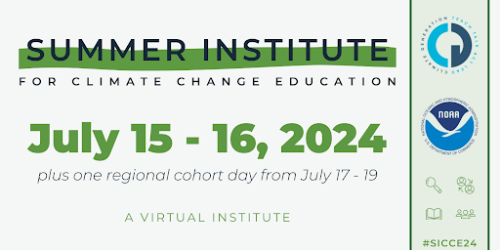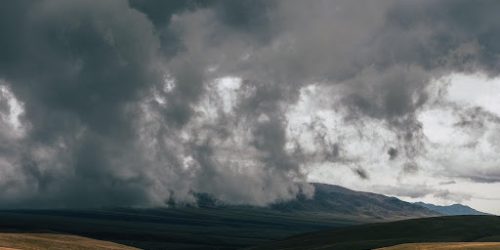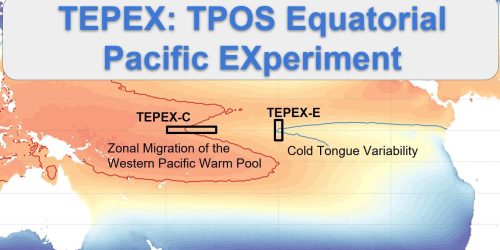Extreme rainfall events continue to increase in frequency and intensity in the south-central United States. These events can be extremely impactful, hazardous, and costly. National Weather Service (NWS) forecasters are tasked with not only forecasting these events, but also effectively communicating the threats and impacts of the events to a variety of audiences.
The study, “Examining Extreme Rainfall Forecast and Communication Processes in the South-Central United States”, recently published in Weather, Climate, and Society, addresses three research questions (RQs): 1) How do forecasters internally process model outliers?; 2) How do forecasters externally communicate model outliers and outlier events?; and 3) Do forecasters consider climate change when forecasting extreme rainfall events, and if so, does it impact how they process and communicate these events? Former Graduate Research Assistant Anna Wanless and SCIPP Director Rachel Riley conducted semi structured interviews of 21 NWS forecasters to investigate these questions. The interviews focused on extreme rainfall events that occurred in the south-central US between 2015 and 2019.
Qualitative analysis of the interviews resulted in the creation of an extreme event forecast communication process model that incorporated elements of sense making, judgment and decision-making, and principles of forecasting. The article also presents practical findings to the three RQs: 1) Forecasters will acknowledge model outliers and monitor other models and model runs to see how the outlier evolves; 2) Forecasters may communicate the model outliers as possible worst-case scenarios to partners like emergency managers; and 3) the forecasters that addressed climate change acknowledged its role in extreme rainfall events, but did not link them to individual events, especially as the event is unfolding, as they felt it is outside of the scope of their position.
Read the full manuscript here »
For more information, contact Caylah Cruickshank.


